Disability Disclosure and the Americans with Disabilities Act (ADA)
 Deciding if, when, and how to share disability-related information with a prospective or current employer can be overwhelming. The decision-making process requires answering a number of personal questions that may be different with each employment experience. Read more ›
Deciding if, when, and how to share disability-related information with a prospective or current employer can be overwhelming. The decision-making process requires answering a number of personal questions that may be different with each employment experience. Read more ›

 In a first-of-its-kind national survey that focuses on the mental health of Youth of Color, the
In a first-of-its-kind national survey that focuses on the mental health of Youth of Color, the 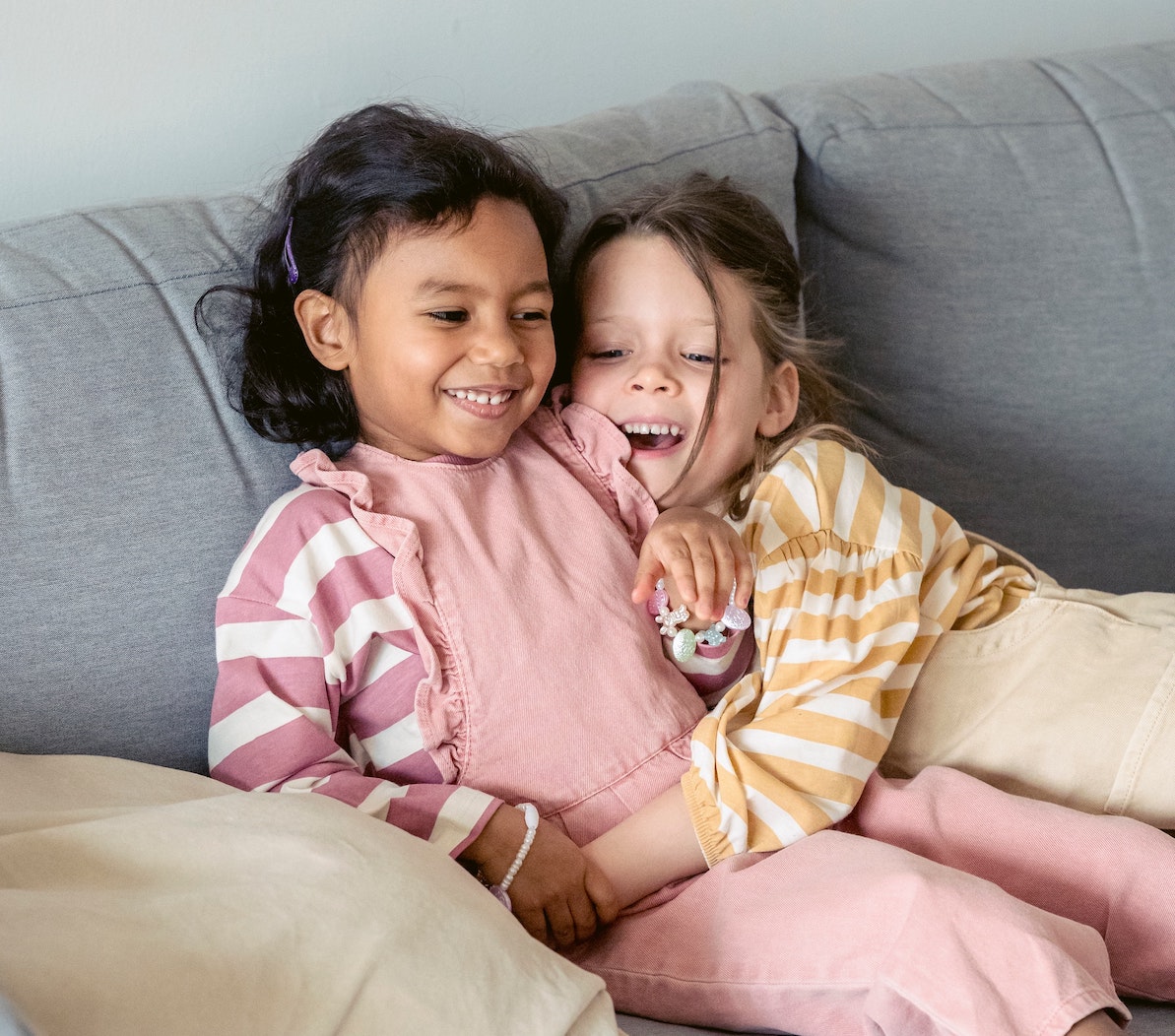
 Children are curious and often have questions when they encounter people that are different from them, whether it be race, age, ability, religion, disability, gender, sexual orientation or appearance, just to name a few. But while their questions can be embarrassing at times, it’s important to answer those questions and talk about their curiosity.
Children are curious and often have questions when they encounter people that are different from them, whether it be race, age, ability, religion, disability, gender, sexual orientation or appearance, just to name a few. But while their questions can be embarrassing at times, it’s important to answer those questions and talk about their curiosity.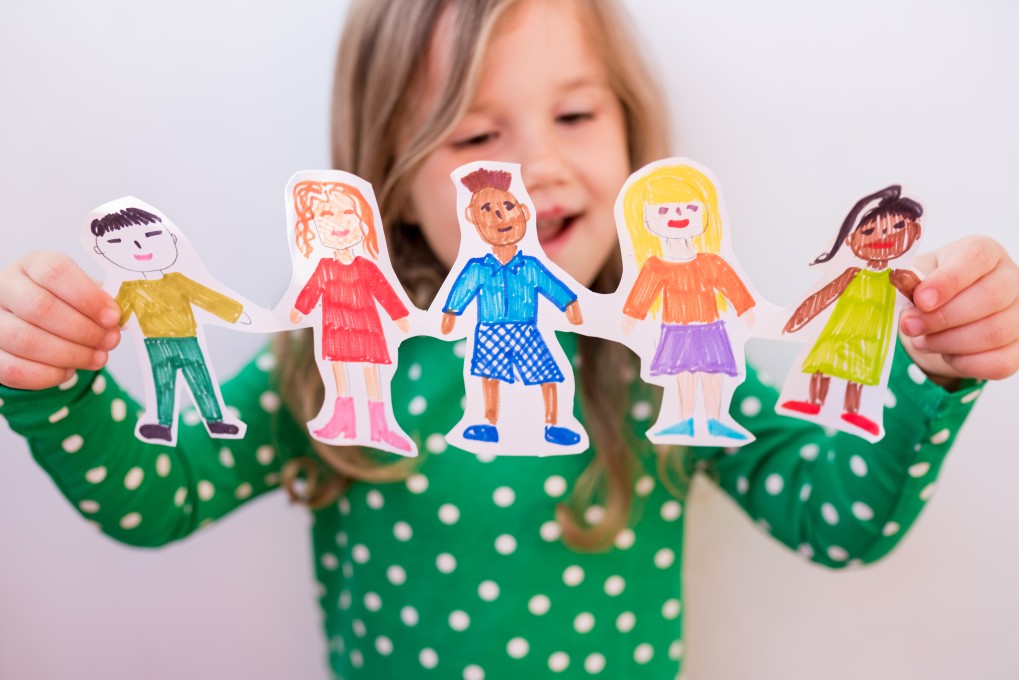
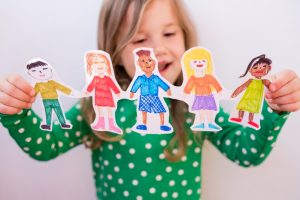 Contrary to the common belief that young children “don’t see race,” a mountain of research evidence confirms that racial awareness starts early. We know that within a few months of birth, babies prefer own-race faces, and that by roughly age 3 kids start to form judgments about others based on racial differences. And by kindergarten, kids perceive that different racial groups have different social status.
Contrary to the common belief that young children “don’t see race,” a mountain of research evidence confirms that racial awareness starts early. We know that within a few months of birth, babies prefer own-race faces, and that by roughly age 3 kids start to form judgments about others based on racial differences. And by kindergarten, kids perceive that different racial groups have different social status. 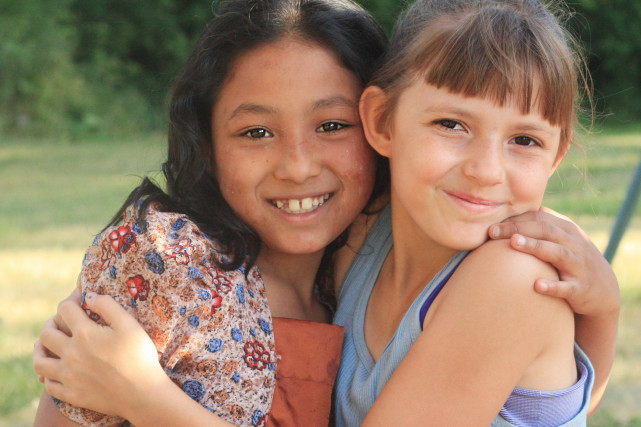
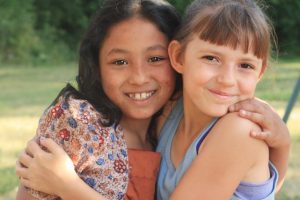 Here’s the beautiful thing about kids—most are born with a natural sense of justice and fairness. Unless they are taught to be hurtful and cruel, most children know that it is wrong to attack others either physically or with words.
Here’s the beautiful thing about kids—most are born with a natural sense of justice and fairness. Unless they are taught to be hurtful and cruel, most children know that it is wrong to attack others either physically or with words.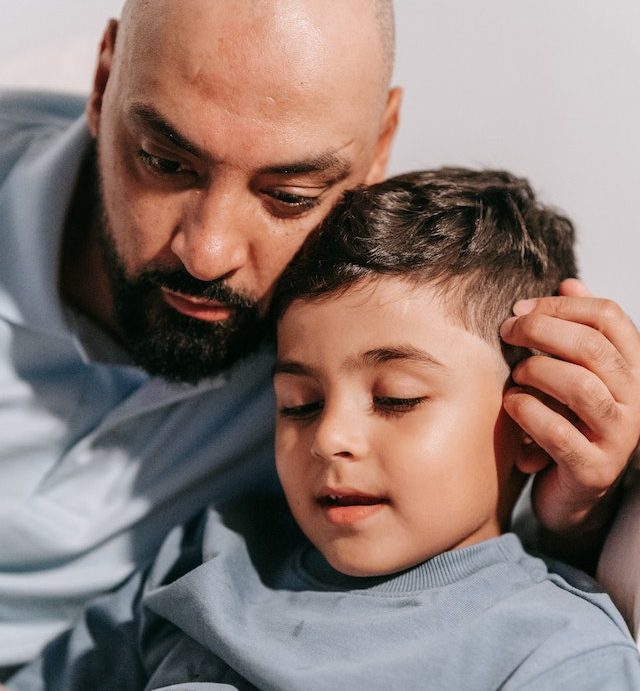
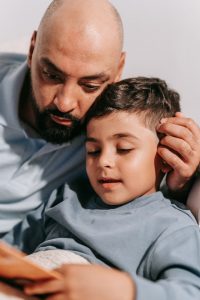 Talking openly and positively about differences can help children better understand themselves and those around them. Embracing diversity and inclusion empowers kids to engage their world with curiosity, confidence and kindness.
Talking openly and positively about differences can help children better understand themselves and those around them. Embracing diversity and inclusion empowers kids to engage their world with curiosity, confidence and kindness. 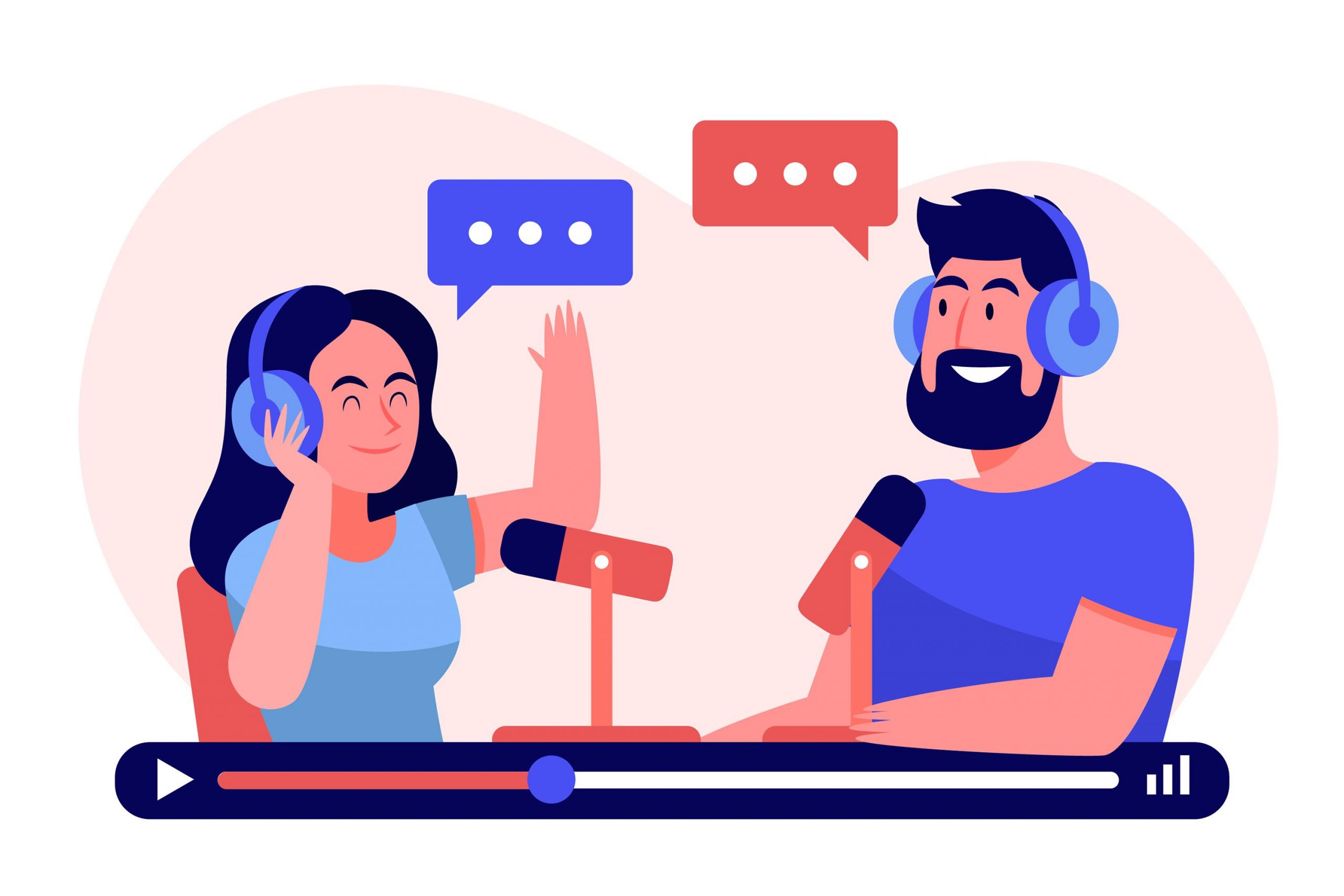
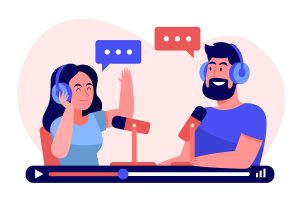 So many disabled people still lack practical access to the information, ideas, and culture shared by more connected members of the disability community. And until fairly recently, disabled people with something to share had few outlets to do so on any kind of meaningful scale.
So many disabled people still lack practical access to the information, ideas, and culture shared by more connected members of the disability community. And until fairly recently, disabled people with something to share had few outlets to do so on any kind of meaningful scale. 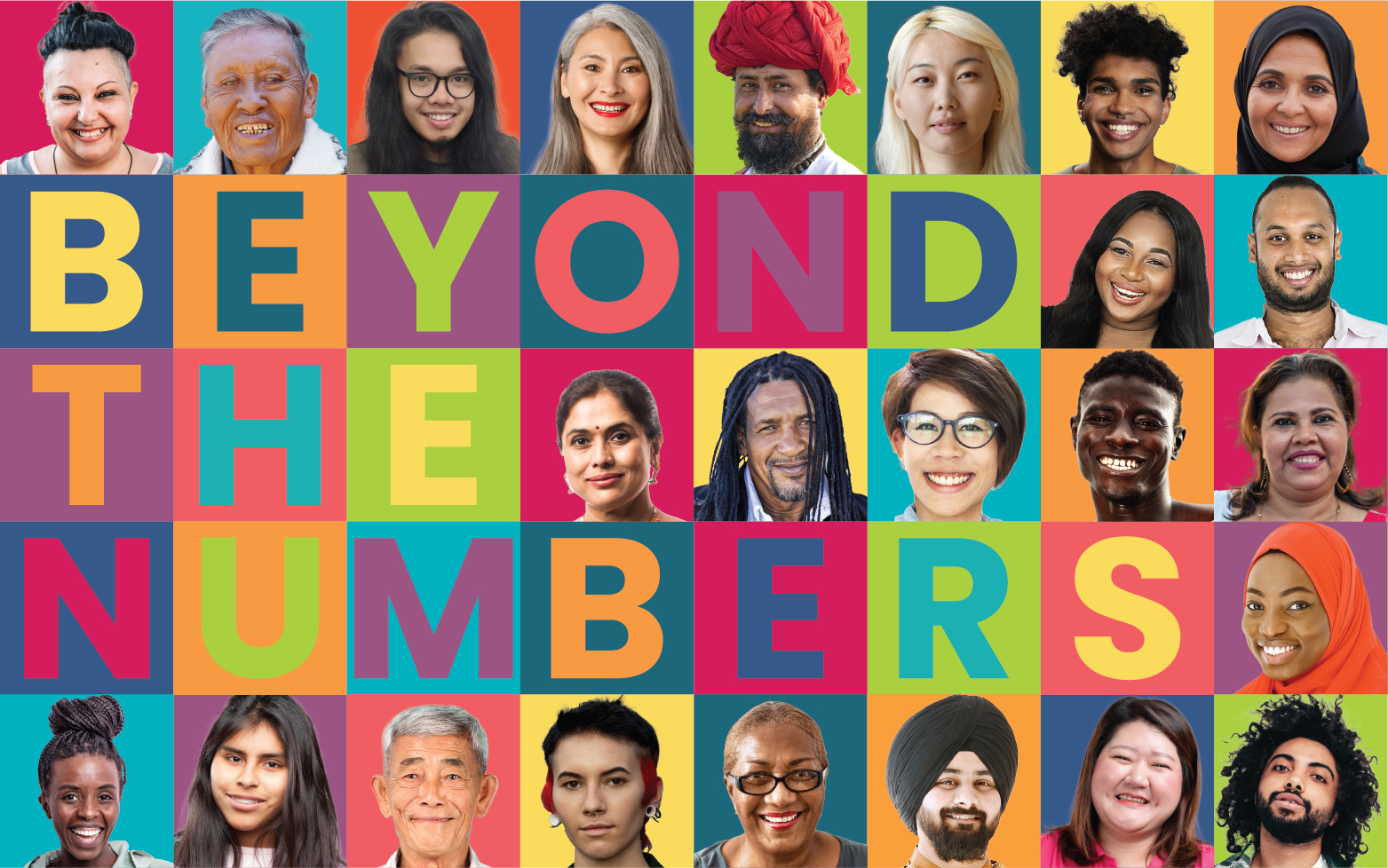
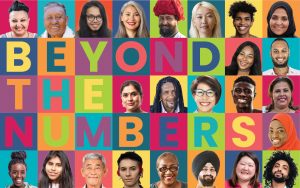 BIPOC communities are significantly more likely to develop mental health conditions, and major barriers to mental health treatment are access and the need for understanding mental health supports.
BIPOC communities are significantly more likely to develop mental health conditions, and major barriers to mental health treatment are access and the need for understanding mental health supports. 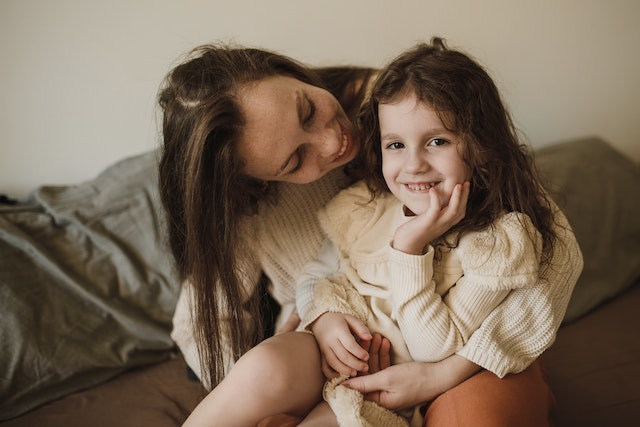
 Discussing gender can help kids feel more confident in themselves and supported by their parents and caregivers, says
Discussing gender can help kids feel more confident in themselves and supported by their parents and caregivers, says 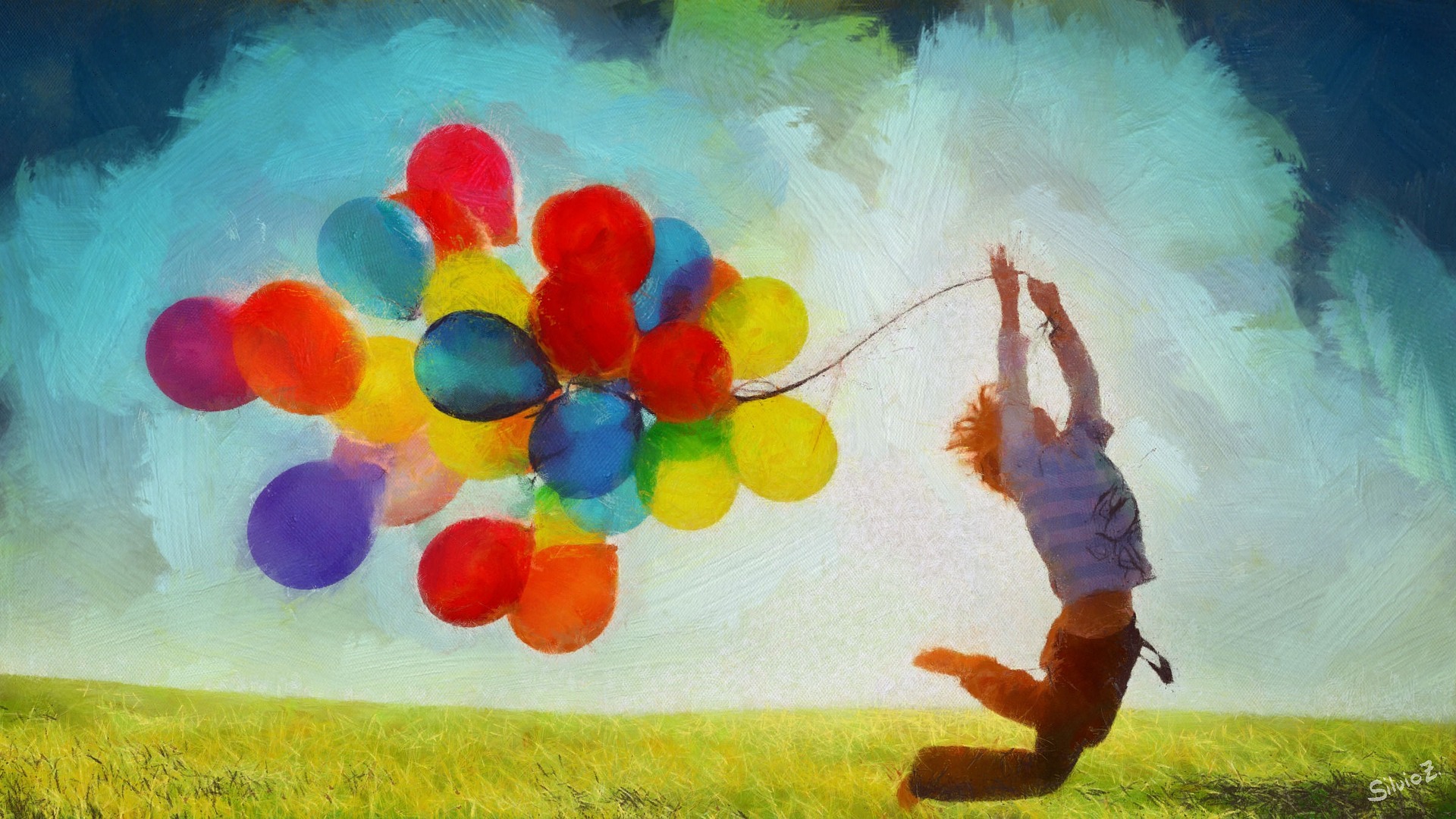
 When is the right time to talk to children about gender identity and gender expression? Children internalize messages about gender from a very young age, so it’s never too early to start.
When is the right time to talk to children about gender identity and gender expression? Children internalize messages about gender from a very young age, so it’s never too early to start.

